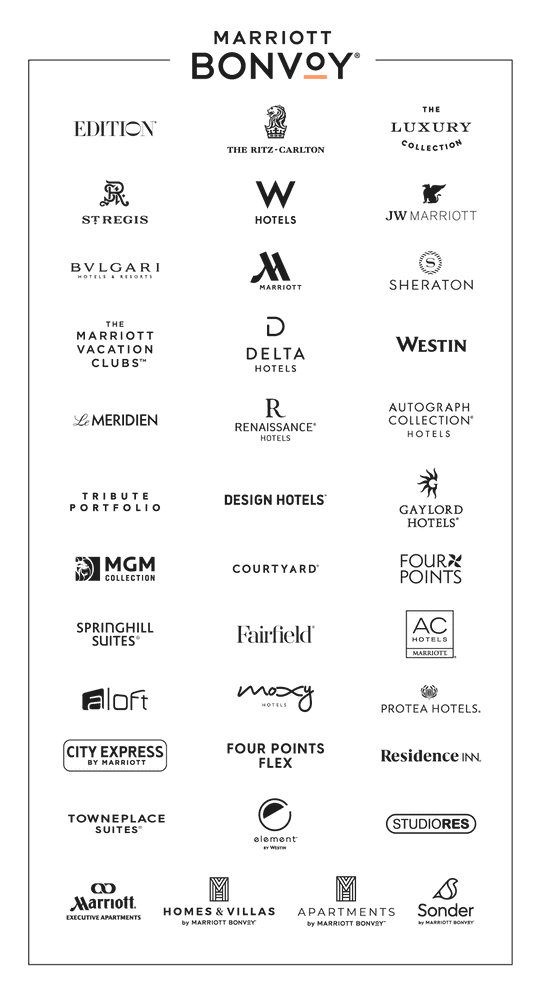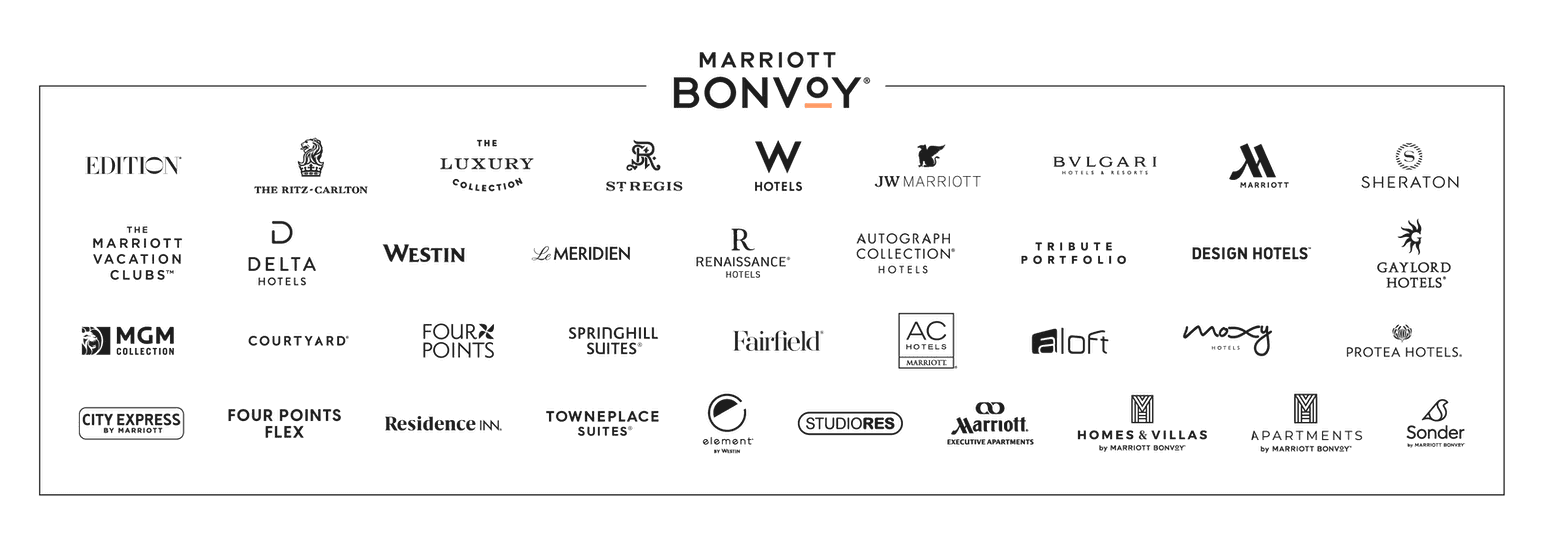Meet Your Secret Weapon in Fighting Burnout
As a meeting planner, you know stress is part of the job. But burnout doesn’t have to be.
Trouble is, burnout is a harder hurdle to jump than just a string of stressful workdays. It’s a chronic depletion that leaves people unable to fulfill their duties. Thankfully, there’s a reason—or rather, a purpose—behind why planners continue to work in a profession that is consistently ranked one of the most stressful in the United States. And if you’re able to connect with this purpose, and then bring it to your day-to-day tasks, you have an effective tool in keeping burnout at bay.
In fact, research shows that “living one’s purpose” can increase well-being and help combat burnout. Experts agree: “This is something that you are committing a lot of your waking day to, so if you don’t feel emotionally connected to it, it’s going to be a path of more resistance,” says Laura Capell-Abra, who was a meeting planner before founding Stress Matters, an organization committed to workplace well-being, and No More Ifs Or Buts, a coaching and development company. Capell-Abra has another qualification on the matter: She’s experienced burnout first- and secondhand.
Keep reading for her insights and tips to reestablish this emotional connection and find your purpose.
Understand that your purpose doesn’t have to be grand.
Some planners might have their purpose cut out for them. For example, if you plan fundraising events for a philanthropic organization, you might already be uniquely aware of your purpose: Your events raise money to help people. For others, “defining purpose” may be harder—but no less important.
Capell-Abra suggests not getting too bogged down by the word purpose. “I think when people talk about purpose, they can get overwhelmed,” she says, stressing that you don’t have to be, say, a monk to have purpose.
“It doesn’t need to be grand. It can be on a really small scale,” she says. “If your purpose is around creating awesome events and having fun and keeping up the spirits of everyone around you, and that’s what you want to focus on, you focus on that. It’s about understanding that you get a choice,” she says.
If you’re struggling with the word purpose, think about your values instead.
“We all have values that we live by, even if we don’t know them,” Capell-Abra says. If the weight of the word purpose is putting you off, think in terms of values.
Ask yourself: What are my top core values? Some examples include teamwork, communication, loyalty, curiosity, growth, family, collaboration, and achievement.
These values tend to stay the same regardless of profession or role. When Capell-Abra was a meeting planner, her tasks looked different than they do now as a coach. But her values haven’t changed. “I still feel like I’m doing what’s right for me because my values are still there,” she says. “It’s about self-reflection and self-awareness and understanding what’s important to you.”
When you understand your values, you become self-aware, which can lead to a greater sense of well-being. Furthermore, adhering to your values can bolster your resilience in the face of adversity, and limit disappointing events from stealing your purpose.
Learn to take a pulse on your values.
Start with a pen, a piece of paper, and a few distraction-free moments, and jot down how you feel and what’s going on with you today.
“The idea of not being distracted by anything else is a really good starting point because you start to be more aware of ‘I’m in a bad mood,’ or ‘I’m tired,’ or ‘I’m actually really happy at the moment,’” Capell-Abra says.
Doing this can make it easier to visualize what’s working, what’s not, and whether you’re staying true to your core values. But this is just part one of two, Capell-Abra says. “There’s becoming more self-aware and acknowledging what’s going on for you, but then there’s taking action,” she says.
Monitor your behavior, and if you’re not happy, change something. Adjust your routine to better align to what’s most important to you. It’s not an overnight process; it’s about trying different things and working out what makes you feel good or bad about your work.
“Do more of what makes you feel good,” Capell-Abra says.
Celebrate the journey and the success.
The day of any actual meeting you’ve planned is usually less work than the months of preparation that went into it, and that’s worth remembering. “Sometimes it’s about the way it’s done rather than what the thing is that you’re organizing,” Capell-Abra says. “It’s more about being a part of a team and seeing something come together.”
So connect with and celebrate what makes you tick, what makes your events a success, and the values you uphold as you bring people together throughout the year. If you make a habit of this, you won’t hear burnout knocking at your door anytime soon.


The following brands do not participate in Marriott Bonvoy™ Events: Design Hotels, Marriott Executive Apartments, Residence Inn, TownePlace Suites, StudioRes by Marriott, Bulgari Hotels & Resorts, The St. Regis Residence Club, The Phoenician Residences, a Luxury Collection Residence Club, Scottsdale, The Ritz-Carlton Club, The Ritz-Carlton Yacht Collection, and Homes & Villas by Marriott Bonvoy. For a full list of participating and non-participating brands, please click here.